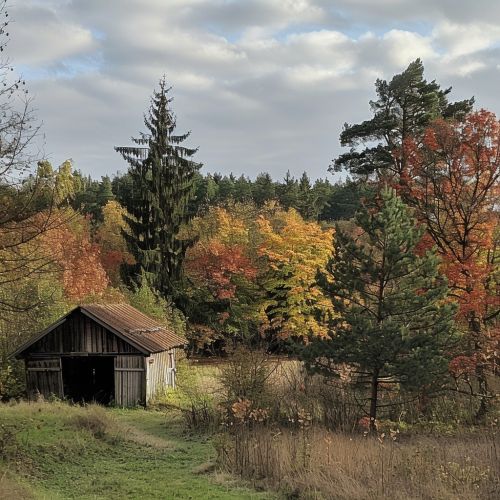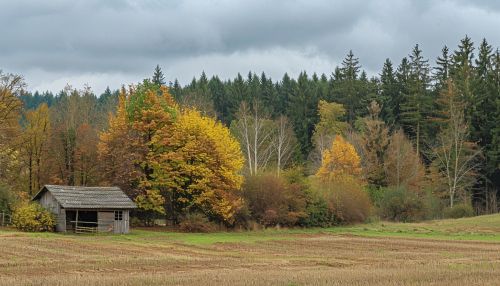A Sand County Almanac
Overview
"A Sand County Almanac" is a non-fiction book written by American ecologist, forester, and environmentalist Aldo Leopold. Published in 1949, a year after Leopold's death, the book is a collection of essays that blend natural history, scene painting, and philosophy. The book is considered one of the most influential works in modern environmentalism and has been translated into more than a dozen languages.
Background and Publication
Leopold wrote the essays over a period of decades, drawing from his experiences as a forester in the U.S. Forest Service and later as a professor at the University of Wisconsin-Madison. The book was published posthumously by his daughter Nina Leopold Bradley and son A. Carl Leopold.
The title of the book refers to Leopold's home in rural Wisconsin, where he developed his ideas about land ethics and conservation. The "almanac" portion of the book contains detailed observations of the changing seasons in Sand County, while the concluding section, "The Land Ethic," outlines Leopold's philosophy of conservation and land stewardship.


Content and Themes
"A Sand County Almanac" is divided into three parts: 'A Sand County Almanac', 'Sketches Here and There', and 'The Land Ethic'. Each part represents a different aspect of Leopold's philosophy and observations.
The first part, 'A Sand County Almanac', is a month-by-month account of the changes in the flora and fauna on Leopold's farm in Wisconsin. Each essay in this section is a mix of detailed natural description, personal anecdote, and philosophical reflection.
'Sketches Here and There', the second part, includes essays based on Leopold's experiences in other parts of the U.S. and Canada. These essays explore the idea of a biotic community and the interconnectedness of all living things.
The final part, 'The Land Ethic', presents Leopold's argument for a new ethic, an ethic dealing with human's relation to land and to the animals and plants which grow upon it. Leopold's land ethic is a call for moral responsibility to the natural world.
Influence and Legacy
"A Sand County Almanac" has had a significant impact on environmental thought and policy. It has been cited as a formative influence in the development of the modern environmental movement, and Leopold's land ethic has been widely adopted in the fields of conservation biology and environmental ethics.
The book has also inspired many environmental organizations and initiatives. The Aldo Leopold Foundation, established by Leopold's children, promotes the land ethic and other aspects of Leopold's philosophy.
